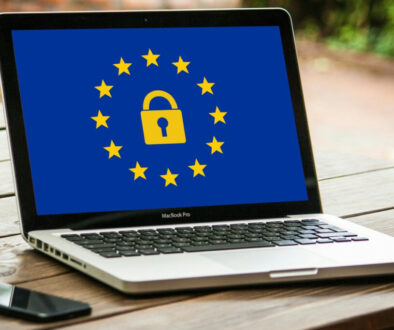The EU wants to criminalize AI-generated deepfakes
The European Union is taking steps to address the growing concern of cyber-violence, with a focus on protecting women and domestic violence victims from new forms of digital abuse. The European Council and Parliament have reached an agreement on a directive proposal that seeks to criminalize various forms of cyber-violence. This directive specifically targets the non-consensual distribution of intimate images, including those manipulated by artificial intelligence to create deepfakes, a method that has been used in acts of revenge porn. Additionally, the directive aims to combat cyber-stalking, online harassment, misogynous hate speech, and the unsolicited dissemination of explicit images, commonly referred to as “cyber-flashing.”
The European Commission has emphasized the urgency of addressing these issues, given the rapid proliferation and severe impact of online violence. The proposed directive is set to establish a unified legal framework across the EU, which will provide significant support to victims in Member States where such acts have not yet been criminalized. To further assist individuals, the directive will require Member States to implement measures that enable easier identification and prevention of cyber-violence, as well as the provision of support for those affected by it.
In an effort to facilitate reporting and seeking assistance, the directive mandates that Member States create online portals for their residents to report instances of cyber-violence. This development comes in the wake of incidents involving the spread of pornographic deepfake images, including those of celebrities like Taylor Swift, which have highlighted the need for more robust protections against such violations of personal rights.
Although the proposed rules are part of a bill that has yet to be approved by representatives of EU Member States, optimism remains high that the bill will be enacted into law. Once adopted, EU states will have until 2027 to implement and enforce the new regulations. The directive’s progression is a testament to the EU’s commitment to evolving its digital laws in response to emerging threats and ensuring the safety and dignity of its citizens in the digital realm.
Source: The EU wants to criminalize AI-generated porn images and deepfakes



